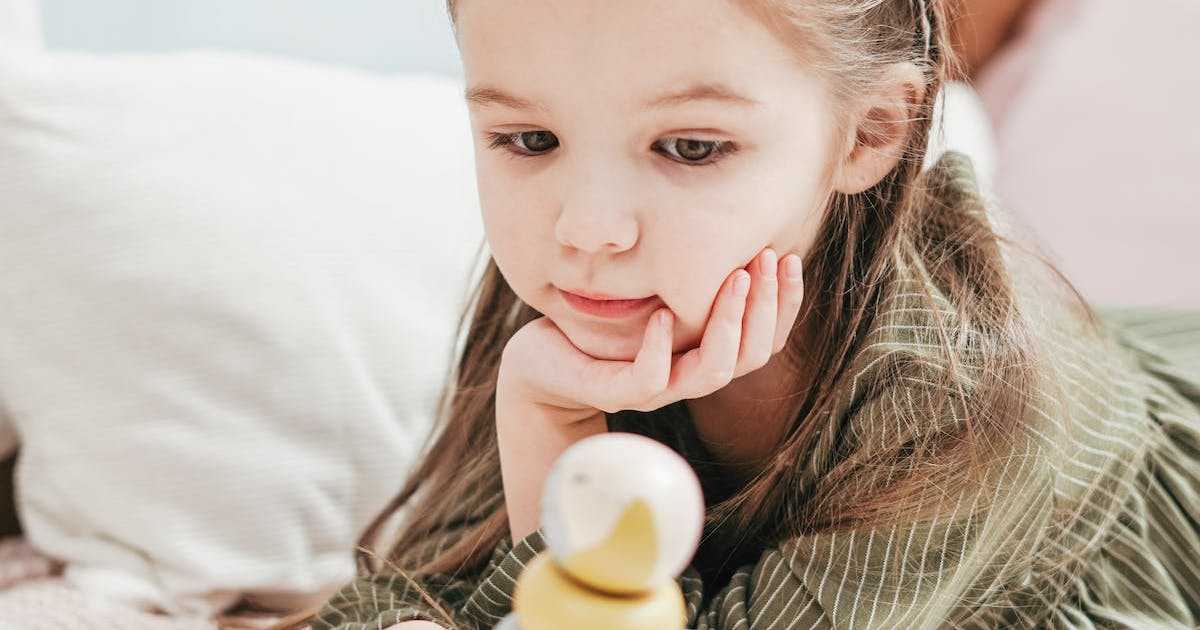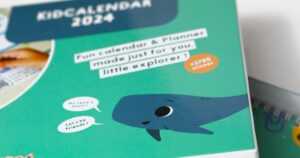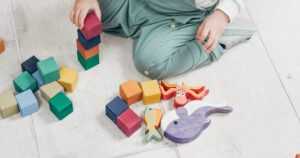Choosing a toy for your child can be a fun and exciting task, especially when you have to consider their personality. Different personality types have different preferences, strengths, and weaknesses. Therefore, you need to find a toy that matches your child’s personality, and that can enhance their self-esteem and confidence. But how do you know which toy is compatible with which personality type? What are the advantages and disadvantages of different types of toys for different personalities? How can you make sure that your child is happy and satisfied with their toy?
In this article, we will answer these questions and more. We will provide you with a comprehensive guide on how to choose a toy based on your child’s personality, from introvert to perceiving. We will also give you some examples of toys that match each personality type, and some tips and recommendations on how to use them effectively. By the end of this article, you will have a better understanding of what makes a good toy for your child’s personality, and how to select the best one for them.
Personality: Another important factor to consider when choosing a toy for your child is their personality. Different personality types have different preferences, strengths, and weaknesses. Therefore, you should choose a toy that matches your child’s personality, and that can enhance their self-esteem and confidence. Here are some general guidelines on how to choose a toy based on your child’s personality:
Introvert Child : The Quiet and Thoughtful Creator
If your child is an introvert, they prefer to spend time alone or with a few close friends. They are usually quiet, thoughtful, and creative. You can choose toys that allow them to express themselves, such as art supplies, books, or musical instruments. You can also choose toys that help them relax, such as puzzles, stuffed animals, or calming lights. These toys can help your child develop their creativity, imagination, and introspection. However, you should avoid toys that are too social, too noisy, or too stimulating, as they can overwhelm, annoy, or exhaust your child. You should also make sure that the toys are comfortable and cozy, and that you give your child some space while they play with them.
Extrovert Child : The Outgoing and Energetic Socializer
If your child is an extrovert, they enjoy being around people and socializing. They are usually outgoing, energetic, and adventurous. You can choose toys that allow them to interact with others, such as sports equipment, video games, or board games. You can also choose toys that help them burn off some energy, such as bikes, scooters, or trampolines. These toys can help your child develop their communication, cooperation, and exploration skills. However, you should avoid toys that are too solitary, too dull, or too restrictive, as they can bore, frustrate, or limit your child. You should also make sure that the toys are fun and exciting, and that you join your child while they play with them.
Sensing Child : The Practical and Realistic Doer
If your child is a sensing type, they focus on the present and the concrete. They are usually practical, realistic, and detail-oriented. You can choose toys that appeal to their senses, such as sensory toys, building toys, or cooking toys. You can also choose toys that help them learn new skills, such as science kits, Lego, or puzzles. These toys can help your child develop their sensory perception, motor skills, and problem-solving abilities. However, you should avoid toys that are too abstract, too vague, or too theoretical, as they can confuse, distract, or discourage your child. You should also make sure that the toys are tangible and clear, and that you demonstrate your child while they play with them.
Intuitive Child : The Imaginative and Curious Visionary
If your child is an intuitive type, they focus on the future and the abstract. They are usually imaginative, curious, and visionary. You can choose toys that stimulate their imagination, such as fantasy toys, storybooks or magic sets. You can also choose toys that help them explore new possibilities, such as robotics, coding, or astronomy. These toys can help your child develop their creativity, curiosity, and vision. However, you should avoid toys that are too mundane, too routine, or too factual, as they can bore, stifle, or constrain your child. You should also make sure that the toys are imaginative and inspiring, and that you encourage your child while they play with them.
Thinking Child : The Logical and Rational Thinker
If your child is a thinking type, they rely on logic and reason. They are usually analytical, objective, and rational. You can choose toys that challenge their intellect, such as brain teasers, chess, or Sudoku. You can also choose toys that help them solve problems, such as engineering toys, strategy games, or escape rooms. These toys can help your child develop their logic, reasoning, and critical thinking skills. However, you should avoid toys that are too emotional, too subjective, or too personal, as they can irritate, offend, or hurt your child. You should also make sure that the toys are logical and fair, and that you respect your child while they play with them.
Feeling Child : The Empathetic and Compassionate Giver
If your child is a feeling type, they rely on emotions and values. They are usually empathetic, compassionate, and altruistic. You can choose toys that nurture their feelings, such as dolls, pets, or plants. You can also choose toys that help them make a difference, such as charity toys, social justice toys, or environmental toys. These toys can help your child develop their emotions, values, and empathy skills. However, you should avoid toys that are too cold, too harsh, or too impersonal, as they can upset, discourage, or alienate your child. You should also make sure that the toys are warm and caring, and that you support your child while they play with them.
Judging Child : The Organized and Responsible Planner
If your child is a judging type, they like to have structure and order. They are usually organized, disciplined, and responsible. You can choose toys that help them plan and execute, such as calendars, planners, or timers. You can also choose toys that help them achieve their goals, such as trophies, medals, or certificates. These toys can help your child develop their organization, discipline, and responsibility skills. However, you should avoid toys that are too chaotic, too unpredictable, or too spontaneous, as they can stress, confuse, or overwhelm your child. You should also make sure that the toys are structured and orderly, and that you reward your child while they play with them.
Perceiving Child : The Adventurous and Flexible Explorer
If your child is a perceiving type, they like to have flexibility and spontaneity. They are usually adaptable, playful, and open-minded. You can choose toys that help them have fun and enjoy the moment, such as surprise toys, novelty toys, or party games. You can also choose toys that help them discover new things, such as travel toys, mystery toys, or adventure toys. These toys can help your child develop their adaptability, playfulness, and open-mindedness skills. However, you should avoid toys that are too rigid, too boring, or too routine, as they can limit, distract, or discourage your child. You should also make sure that the toys are flexible and spontaneous, and that you surprise your child while they play with them.
In conclusion, choosing a toy based on your child’s personality can be a fun and exciting experience for both you and your child. By following the guidelines that we have provided in this article, you can find a toy that matches your child’s personality, and that can enhance their self-esteem and confidence. You can also have fun and bond with your child while playing with the toy, and create some lasting memories.
We hope that this article has helped you understand what makes a good toy for your child’s personality, and how to select the best one for them. If you have any questions, feedback, or suggestions, please feel free to contact us. Thank you for reading this article, and happy toy shopping!




